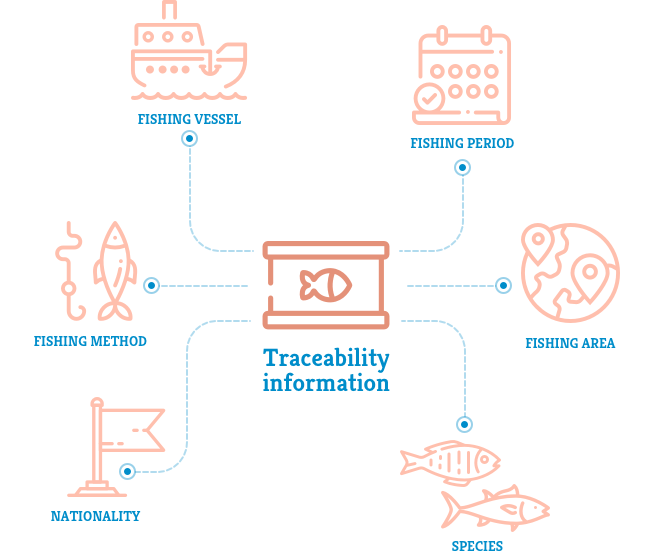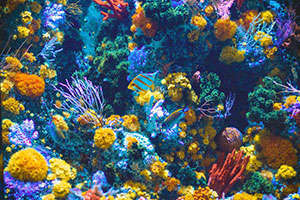Is it possible to guarantee quality and safety in every canned fish product?


We dedicate maximum attention to the selection of raw materials, carry out stringent controls across the supply chain and support consumers in their wellness choices with educational and research and development projects to continually improve the quality of our products.
Bolton Food is certified according to the ISO 9001 standard. This certification testifies to the company’s commitment to guarantee the quality of its products and customer satisfaction.
Bolton Food is certified according to the ISO 9001 standard. This certification testifies to the company’s commitment to guarantee the quality of its products and customer satisfaction.
Additionally, both the production plants of Cermenate and Quimper are certified according to the standards approved by the Global Food Safety Initiative (GFSI), an international organization whose objective is to encourage the ongoing improvement of food safety. Within this framework , the Cermenate plant is certified according to the FSSC 22000, standard, while the Quimper, O’Grove, Cosarno and Manta facilities are certified according to IFS standards. These standards guarantee process and production compliance in relation to food safety and hygiene.
Every year we commit to carrying out widespread controls across the production chain, from raw materials to the finished products., using certified external analysis laboratories.
When choosing potential suppliers, we only consider companies that are able to guarantee high standards of quality and hygiene. During the purchasing stage, they undergo a series of audits designed to assess their knowledge of aspects related to the quality, hygiene and the safety of the raw materials, and to test the efficacy of the practices used during the sourcing and processing stages.
At the same time, we also invite our key suppliers to visit our plants. This gives them an opportunity to have a better understanding of our production processes, our principles of conduct and our approach to sustainable quality.
We periodically conduct quali-quantitative research involving our finished products in order to monitor consumers’ sensory perception of our products.
In 2016, in order to develop innovative methodologies for the conservation and sterilization of our products, we signed a collaborative agreement with the University of Western Brittany’s Laboratory of Biodiversity and Microbiology.
Our product traceability
Traceability i san essential tool that guarantees food safety and promotes marine ecosystem protection.
For this reason, in 2015, we were the first Italian company and amongst the first in the world to obtain international ISO 22005 certification (‘ Traceability system in the feed and food chain) of our traceability system from DNV-GL This certification enables us to monitor a complex supply chain like that of tuna.
The project:
- involves more than 500 reference products on 10 production lines,
- vets all our suppliers globally in real time, while rapidly controlling and monitoring procurement data,
- enables us to provide detailed information certified by an independent third party body
Thanks to an innovative project launched in collaboration with IBM, starting from September 2020, consumers were able to obtain real-time information about their products by entering the code found on each can in the relevant section on the website dedicated to traceability. In addition to information about the tuna species, fishing method and the ocean in which the tuna was fished, they can discover detailed information and interesting facts about each of our products.

The nutritional benefits of our products
We believe that a company like ours should play a key role in promoting correct nutrition through a procedure aimed at the nutritional and qualitative appreciation of our products.
An important step in this procedure was the implementation of a study on the consumption of canned fish.
The most interesting aspect that emerged from the dossier is that canned fish, in terms of nutrition, has the same health benefits as fresh fish. Both products were found to contain the same nutrient-rich properties, including the noble proteins and Omega-3 polyunsaturated fatty acids that make fish an essential element in a balanced diet. The fact that the working processes involved in canning fish have a negligible influence on the composition of the finished product and are only limited to a few micronutrients, shows that canned fish is a valid alternative to fresh fish. In addition to being equally nourishing, it is pre-seasoned, ready-to-eat, high-quality, safe and sustainable.



